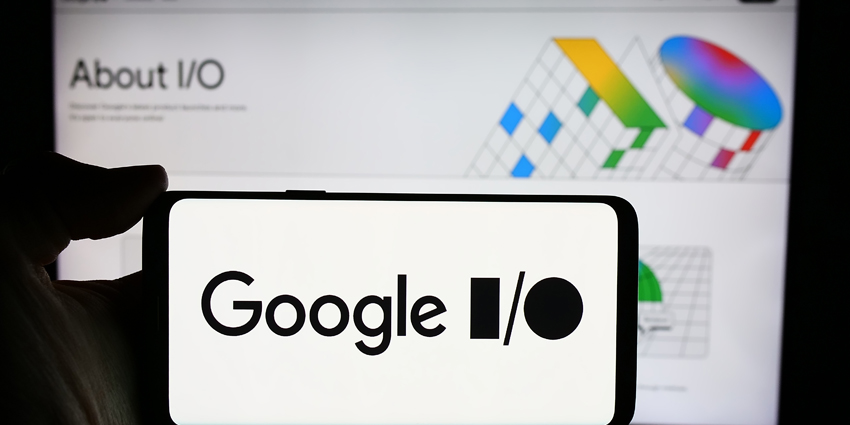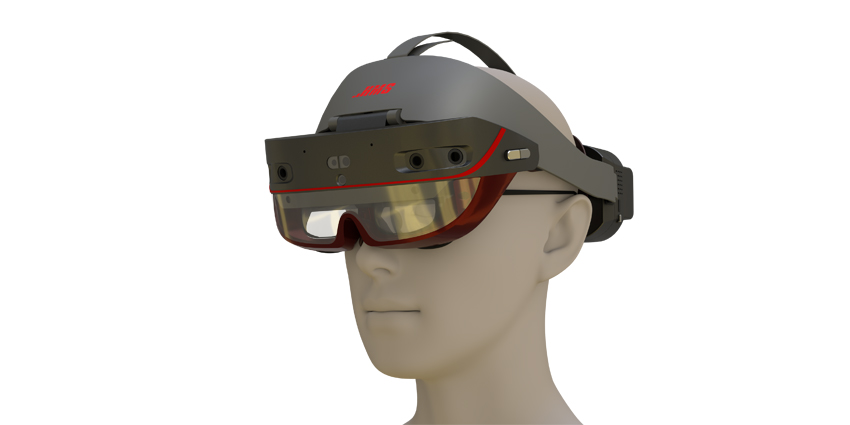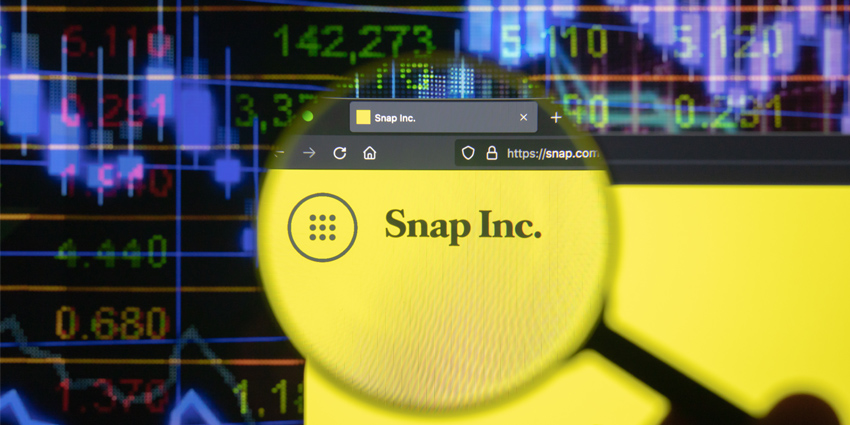Tomorrow, Google’s I/O conference is poised to showcase its latest updates concerning its extensive technology portfolio.
From smartphones to AI, Google is very much positioned in the enterprise solutions space with its products. However, recent revelations ahead of the Google I/O Developer Conference kicking off May 14th highlight that XR solutions may take centre stage during the event.
Google has a long-storied history of working on enterprise and consumer-grade AR/VR/MR solutions—notably hardware solutions like Google Glass and developer frameworks like ARCore.
The firm has recently partnered with Samsung and Qualcomm to work on an upcoming XR headset.
Now, it appears that Google is trying to reposition itself as a leader in the XR space following a quieter period for its immersive product portfolio.
Ahead of tomorrow’s event, Google’s “AR & VR” X account posted a graphic highlighting how I/O will showcase the “latest developer products and AR announcements,” suggesting that a new AR product or solution will debut during the event.
Mark your calendars. ️ Join us at #GoogleIO on May 14th to learn about the latest developer products and #AR announcements! Register today: https://t.co/5rPQps7FH0 pic.twitter.com/CgxtarnP5m
— Google AR & VR (@GoogleARVR) April 10, 2024
Information regarding the new Google AR service is very slim. Also, the firm’s collaborations with Qualcomm and Samsung may not receive further public details at the event.
However, the update indicates that Google could have its first major XR announcement in a while; its history of creating first-part immersive solutions and working closely with partners to establish a host of immersive services may have established a foundation to push a first-party XR product.
If one delves deeper into the rumour rabbit hole, PatentlyApple highlighted how Google recently publicised a smart glasses patent. The firm first purchased the smart glasses design in 2020 from the firm North, however, in 2024 ahead of I/O Google officially filled the patent under its trademark.
Could Google release smart glasses? Maybe. The Apple Vision Pro and Meta’s emerging smart glasses roadmap creates a wealth of potential investment opportunities for a firm like Google that is experienced in the sector. However, hardware may not take the stage, instead Google may focus on developer tools to help boost the various other market leaders in the space.
Aside from the secretive AR/VR/MR announcements. Google will also reveal updates to its more comprehensive portfolio, including smartphone, web, ML/AI, and cloud technologies.
The event will include a general Google keynote to review the latest products and updates. Moreover, Google is hosting a range of developer keynotes highlighting new developer tools.
Google, Qualcomm, Samsung Partner on New XR Headset
In January, Qualcomm Technologies officially introduced the Snapdragon XR2+ Gen 2 Platform to improve the quality of XR displays, visuals, and the overall user experience. The company’s improved chipset now offers extended support to users and firms who use AR smart glasses with integrated AI features.
The chipset also helps boost consumer and enterprise-grade XR use cases on headsets and smartglasses by leveraging partnerships with Samsung, Google, Tobii, and Goertek to provide visual clarity for gaming and productivity applications.
At the time, Shahram Izadi, Vice President of AR at Google, noted how Android ecosystem support would enable developers to “take advantage of Snapdragon XR2+ Gen 2’s capabilities and enable new experiences” in collaboration with Samsung and Qualcomm to drive the future of immersive and spatial XR.
Moreover, during a presentation held at MWC 2024, Samsung revealed a new XR headset that the company co-created with Google and Qualcomm. The device is expected to be released in 2025 and was showcased alongside other innovative tech products, such as a smart ring and an assistive mobility robotics device.
Despite optimistic outlooks for Google’s XR ambitions in 2024, it should be noted that the firm also axed hundreds of employees across its company, with most of the losses affecting its 1P AR hardware team that previously worked on its smart glasses hardware, including the now cancelled “Iris” prototype.
The job losses may not indicate a lack of investment in Google’s XR division. Instead, it may show how Google is refining its approach and team to suit better its current model of working with partners to create competitive devices.
Google noted at the time:
A few hundred roles are being eliminated in DSPA, with the majority of impacts on the 1P AR Hardware team. While we are making changes to our 1P AR hardware team, Google continues to be deeply committed to other AR initiatives, such as AR experiences in our products and product partnerships.
Excitement is high. Will Google announce a product that takes over the XR space? Either way, continued significant company investments will only allow the market to prosper.







